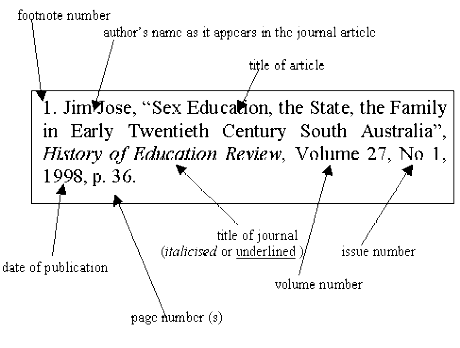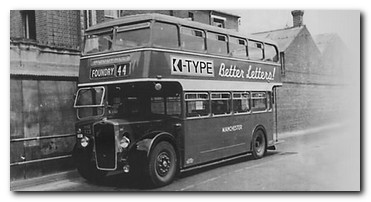sample from HTML program and PDF book
1. Examination essays are a very common form of writing exercise in further and higher education. During most examinations you will have to produce written responses to a number of questions in a very limited time. This might mean writing as many as three complete essays in rapid succession, each one in as little as forty-five minutes or an hour.
2. Because of this time limitation in exams, you don’t need to write out the essay question in full on your examination script, (otherwise you will be using up valuable time). But you must indicate clearly which question you have chosen to answer.
3. Read each of your chosen questions in very close detail, paying attention to their principal topic(s). You should check the rubric for any key terms, and such instruction terms as either-or options. Pay particularly close attention to the number of examples it requires you to consider in your answer.
4. Write a brief plan or a list of topics you will cover on the left-hand page of the examination booklet. This will show the examiner what you are setting out to consider. Such a layout has the advantage that you can change it or make additions whilst you are writing the essay. If you do not complete your answer, you might be given some credit for your plan.
5. Write your answers to the questions on the right-hand pages of the booklet only (unless you are instructed to do otherwise). Leave the left-hand pages blank. These blank pages can be used for making any later additions or alterations to your answer if necessary, giving some indication of where the extra material should be inserted.
6. You will not be expected to produce work of the depth or quality required in a normal coursework essay. However, you should make every effort to write clearly and concisely. Try to give your answer a firm structure.
7. You will not be expected to quote from memory extensive details of the texts and materials you have been studying. However, you should be as precise as possible. Avoid any impression of sloppiness or uncertainty.
8. If you make any mistakes of fact or grammar, do not be afraid to correct them. Do this as neatly and clearly as possible. If you find that you have wandered from the point of the argument for instance, it is quite acceptable to cross out a whole paragraph.
9. If you discover that you have missed out a vital earlier part of your argument, it is possible to go back, write out the missing part on a left-hand page, and indicate with an arrow where it belongs.
10. In ‘open book’ examinations you are allowed to take texts or course materials with you into the examination room. Do not spend too much time searching for information or suitable quotations. Quite apart from the valuable time this may consume, it is far more important that you construct your own argument. The secondary material is only used as supportive evidence or illustration.
11. If you do locate suitable quotations, you should avoid quoting them at too great a length. They might seem very relevant as a support for your case, but remember that the general requirement of most examinations is that you should produce your own argument in response to a question.
12. When you have finished answering the questions, even if there is time to spare, avoid the temptation to hand in your work and leave the examination room. Such time is much better used in checking through your work. Correct any factual errors and slips in punctuation or grammar.
© Roy Johnson 2003
Buy Writing Essays — eBook in PDF format
Buy Writing Essays 3.0 — eBook in HTML format
More on writing essays
More on How-To
More on writing skills

 a selection of free font suppliers
a selection of free font suppliers